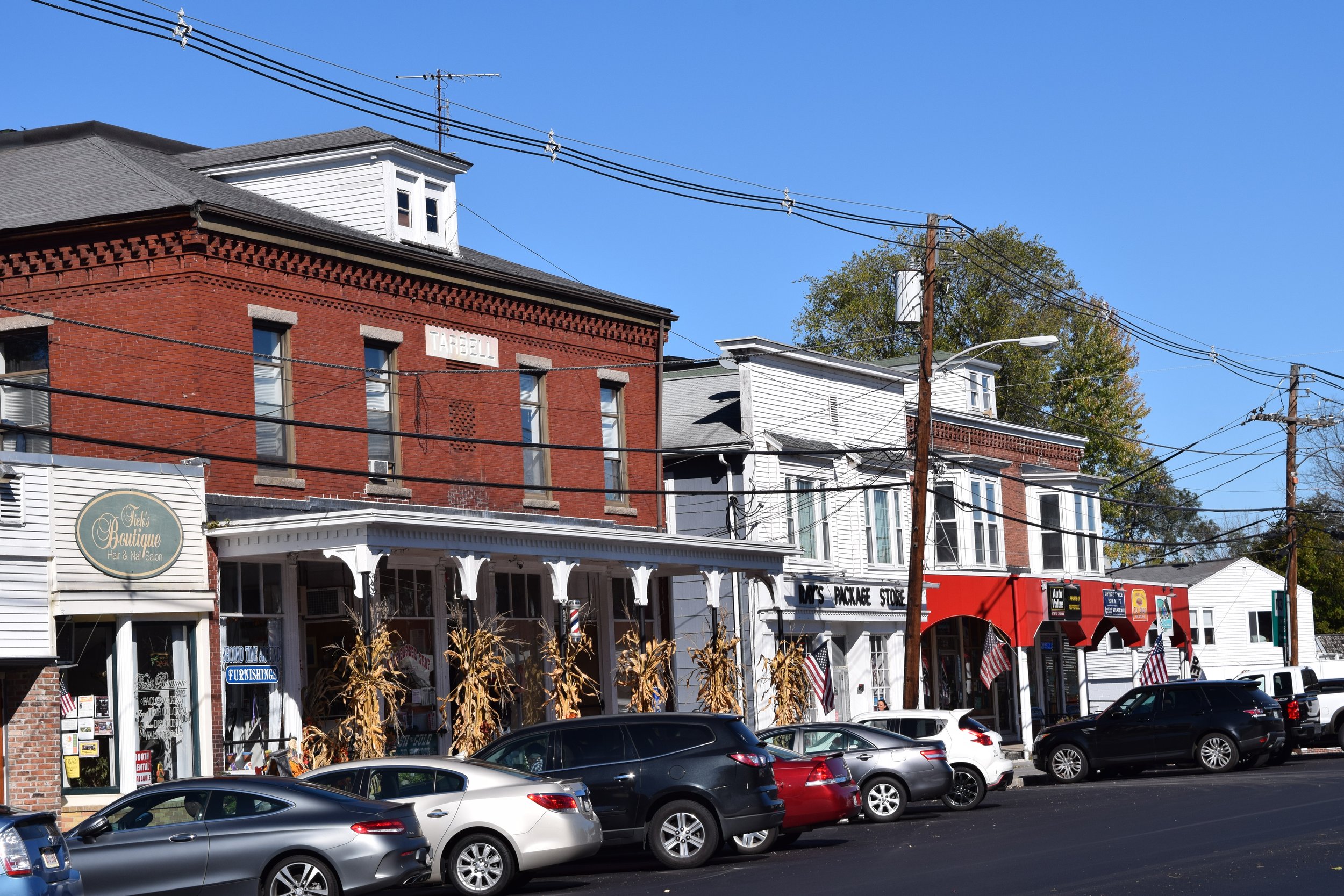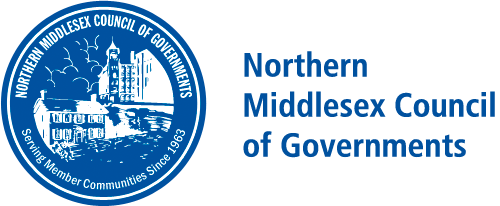
Economic Development & Housing
Economic Recovery and Resiliency Plan
Announcement:
Phase II of the Economic Recovery and Resiliency Plan (ERRP) has now been completed. The full report can be downloaded here. Thank you for your input!
The Greater Lowell Economic Recovery and Resiliency Plan (ERRP) is designed to help the Greater Lowell region economically by addressing the economic injury caused by COVID-19 and to help the region be prepared for future disasters. Not only are outbreaks likely to reappear in the future, but the likelihood of other pandemics and similar health emergencies in an interconnected world require proactive measures to protect public health and to ensure economic recovery and resiliency in an equitable manner.
The ERRP is a two-phase plan. Phase I of the ERRP concentrated on documenting the impacts of the COVID-19 pandemic and made recommendations to recover from those specific impacts. This phase assessed the impacts of COVID-19 for the period from March 2020 to March 2021. These data summarized the negative impacts caused by COVID-19 on health care, the economy, housing, and food security in the Greater Lowell region. Phase I further detailed economic resiliency issues relative to unemployment and business.
Phase II of the ERRP focuses on resiliency and preparation for future public health crises and their impacts on the economy, housing and food security, particularly on initiatives that address priorities identified by businesses and providers of housing, health care, and food assistance as identified in Phase I of the ERRP. Each chapter of Phase II begins with a description of the major challenges identified in that focus through surveys, research, and/or stakeholder interviews. The chapter then lists recommended strategies that were developed in coordination with stakeholders to either recover from or build resiliency against those challenges. The plan ends with a summary of federal and state programs offering assistance and support for COVID-19 recovery and an implementation Plan summarizing all strategies, including their rough timeline and participating agencies. The complete document can be downloaded here.
For further information, please contact NMCOG at 978-454-8021.
